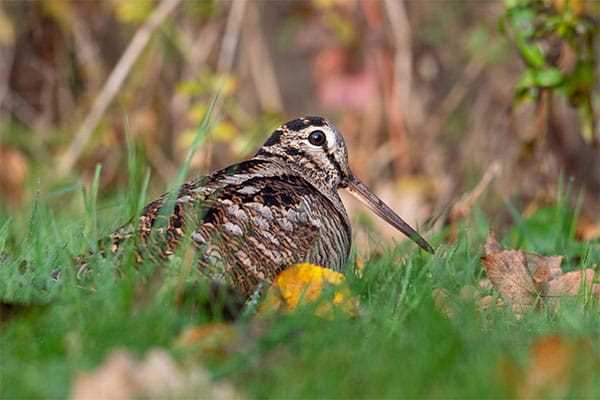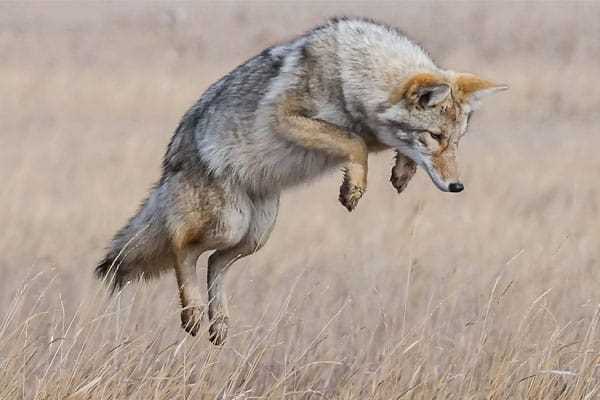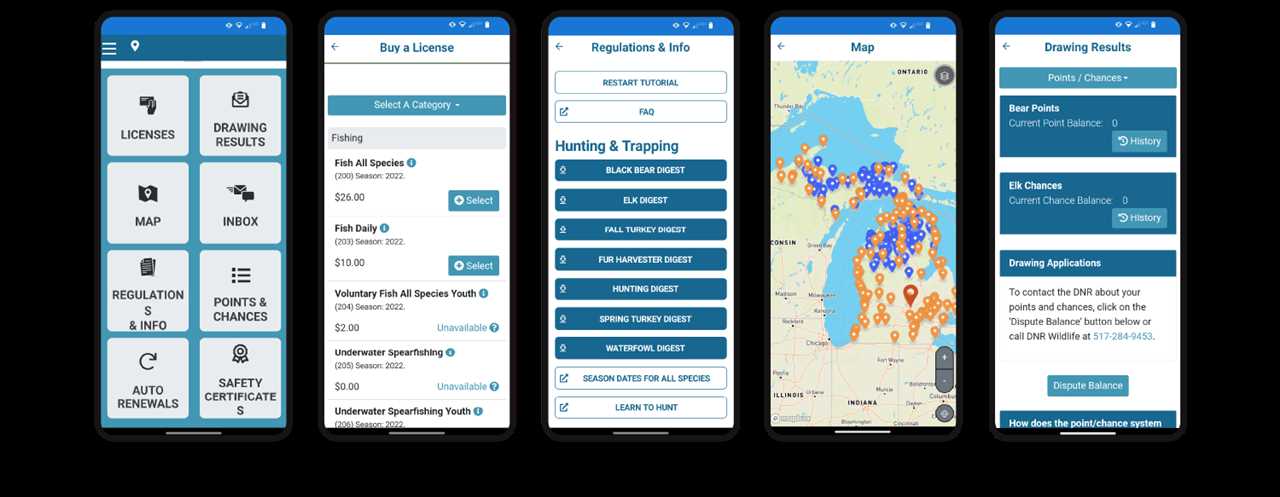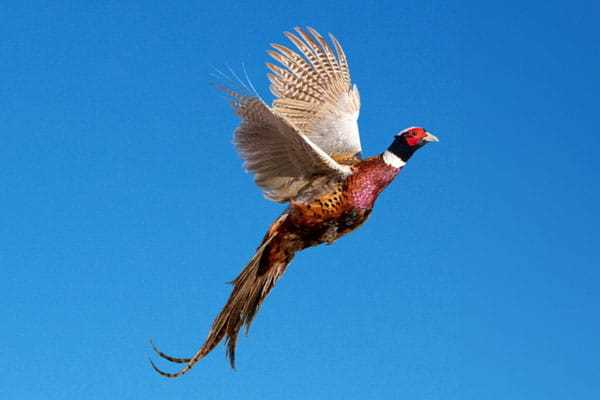Contents
Discover the Cost of a Small Game License in Michigan

If you’re a hunting enthusiast in Michigan, you might be wondering how much a small game license costs in the state. Well, we’ve got the answer for you right here! Whether you’re a seasoned hunter or just starting out, having a small game license is essential to legally hunt certain species in Michigan. But how much exactly do you need to shell out to obtain this license?
In Michigan, the cost of a small game license varies depending on several factors. One of the main factors that determine the price is whether you’re a resident or non-resident of the state. Residents typically enjoy lower fees compared to non-residents. Another factor to consider is your age. Michigan offers reduced fees for teenagers and seniors, so the price may differ depending on your age group.
If you’re a Michigan resident and aged 17 or older, you can expect to pay around $11 for a small game license. For teenagers aged 10 to 16, the price drops to $6. Seniors aged 65 and older can enjoy an even lower price of $5. Non-residents, on the other hand, can expect to pay about $151 for a small game license. However, keep in mind that these fees are subject to change, so it’s always a good idea to check the Michigan Department of Natural Resources website for the most up-to-date information.
Understanding the Small Game License in Michigan

If you enjoy hunting small game in Michigan, it is important to understand the licensing requirements. The small game license is necessary for anyone who wants to hunt species like rabbits, squirrels, and game birds in the state.
In Michigan, the cost of a small game license depends on various factors. The price is determined by the applicant’s residency status and age. For residents, the license fee is lower compared to non-residents. Additionally, seniors and youth may be eligible for discounted prices.
To determine how much a small game license costs in Michigan, you need to consider your residency status and age. For residents, the fee ranges from $16 to $26, depending on the applicant’s age. Non-residents, on the other hand, can expect to pay between $26 and $76 for a small game license.
It is also worth noting that the small game license is valid for one year, starting March 1st and ending on February 28th of the following year. If you plan on hunting small game for multiple seasons, you will need to renew your license annually.
| Applicant Type | Resident | Non-Resident |
|---|---|---|
| Ages 17-20 | $16 | $76 |
| Ages 21 and older | $26 | $26 |
Regardless of the cost, it is essential to have a small game license if you want to enjoy hunting these species in Michigan. Remember to carry your license with you while hunting and follow all the state’s regulations regarding bag limits, season dates, and hunting methods.
What is a Small Game License?

A small game license in Michigan is a permit that allows individuals to legally hunt and harvest certain types of small game animals in the state. Small game animals can include species such as rabbits, squirrels, quail, and pheasants.
This license is required for anyone who wants to hunt small game in Michigan, regardless of age or residency status. It is important to note that a small game license is separate from a hunting license, which is required for hunting larger game animals such as deer or turkey.
The cost of a small game license in Michigan can vary depending on factors such as age and residency status. For Michigan residents, the cost is typically less than for non-residents. It is recommended to check with the Michigan Department of Natural Resources for the most up-to-date license fees.
Obtaining a small game license usually involves completing an application form and paying the required fee. Once the license has been obtained, it is important to familiarize yourself with the specific regulations and rules regarding small game hunting in Michigan to ensure you are hunting within the legal boundaries.
Overall, a small game license in Michigan is a necessary permit for individuals who wish to hunt and harvest small game animals in the state. It is important to follow all regulations and guidelines to ensure the sustainability of these game species and to promote ethical hunting practices.
Why Do You Need a Small Game License in Michigan?

A small game license is required in Michigan if you want to engage in hunting certain types of game. Michigan is home to a wide variety of wildlife, including deer, turkey, grouse, squirrels, and rabbits, among others.
Hunting is a popular outdoor activity in Michigan and provides a unique opportunity to connect with nature and enjoy the thrill of the chase. However, in order to maintain sustainable populations of game species and ensure responsible hunting practices, the state requires individuals to obtain a small game license.
The small game license allows hunters to pursue and harvest game birds and animals that are not classified as big game. It is important to note that the specific species that can be hunted with a small game license may vary from year to year, so it is essential to stay up to date with the latest regulations.
Obtaining a small game license is a straightforward process that involves purchasing the appropriate license from the Michigan Department of Natural Resources. The revenue generated from license sales is used to fund conservation efforts, wildlife management programs, and habitat restoration initiatives.
By requiring hunters to obtain a small game license, Michigan ensures that hunting activities are conducted responsibly and sustainably. The license helps to manage game populations, protect wildlife habitats, and support conservation efforts. It also helps to regulate hunting practices and enforce legal hunting seasons and bag limits to prevent overhunting and ensure the longevity of game species in the state.
Whether you are a seasoned hunter or just starting out, obtaining a small game license in Michigan is an essential step in enjoying the rich hunting opportunities that the state has to offer.
The Cost of a Small Game License

Michigan offers a small game license for those who wish to engage in hunting small game within the state. The cost of this license varies depending on several factors.
Firstly, residents of Michigan can obtain a small game license for a fee of $15. This license allows them to hunt small game such as squirrels, rabbits, and game birds.
Non-residents of Michigan can also obtain a small game license, but at a higher cost. The price for non-residents is $79, providing them the same privileges as residents to hunt small game within the state.
There are also discounted small game licenses available for senior residents and youth hunters. Senior residents aged 65 and older can obtain a small game license for a reduced fee of $6, while youth hunters under the age of 17 can purchase a small game license for $7.
Additionally, hunters who already possess a Michigan base license can purchase a small game license add-on for a lower rate. For residents, the add-on fee is $5, while for non-residents, the add-on fee is $40.
It’s important to note that the cost of a small game license is subject to change, so it’s always a good idea to check with the Michigan Department of Natural Resources for the most up-to-date pricing information.
- Resident small game license: $15
- Non-resident small game license: $79
- Senior resident small game license (65+): $6
- Youth hunter small game license (under 17): $7
- Resident small game license add-on: $5
- Non-resident small game license add-on: $40
Basic Small Game License Fees

In Michigan, the cost of a small game license is determined by several factors. The first factor is the age of the applicant. The second factor is whether the applicant is a resident or non-resident of the state. Finally, the third factor is the duration for which the license is valid.
For residents of Michigan, the fee for a small game license is $11. Purchasing a small game license allows residents to hunt a variety of game species, including rabbits, squirrels, pheasants, and more. The license is valid for one year from the date of purchase.
Non-residents of Michigan will need to pay a higher fee for a small game license. The cost for non-residents is $80 for a yearly license. Similar to residents, non-residents can hunt various small game species with this license. The license is valid for one year from the date of purchase.
It’s important to note that these fees are subject to change and it’s always a good idea to check with the Michigan Department of Natural Resources for the most up-to-date information on small game license fees.
Additional Fees and Options for Small Game Licenses

In addition to the base fee for a small game license in Michigan, there are several additional fees and options that hunters should be aware of.
The first additional fee is for non-residents. Non-residents will have to pay a higher fee for their small game licenses compared to residents. This is because residents of Michigan contribute to conservation efforts through taxes and other means, while non-residents do not.
Another option for hunters is to purchase a combination license. This allows hunters to pursue both small game and other types of game, such as deer or turkey, depending on the specific license purchased. A combination license may be a better value for hunters who plan on hunting multiple types of game throughout the season.
For hunters who wish to hunt on state game areas, an additional fee is required. This fee helps fund the maintenance and management of these public hunting areas. State game areas provide unique hunting opportunities and are well worth the additional fee for those who enjoy hunting in these locations.
Finally, hunters may also choose to purchase a federal duck stamp. While not required for small game hunting, a federal duck stamp is necessary for hunting migratory birds, including ducks and geese. The funds from the sale of federal duck stamps are used to support habitat conservation for these species.
When considering how much a small game license is in Michigan, it is important to factor in these additional fees and options. Depending on individual circumstances and preferences, hunters may find that a combination license or the purchase of a federal duck stamp is worth the extra cost. It is also essential to remember that the fees collected from these licenses and options go towards important conservation efforts, ensuring the preservation of Michigan’s wildlife for future generations to enjoy.

A skilled hunter, dedicated conservationist, and advocate for ethical practices. Respected in the hunting community, he balances human activity with environmental preservation.
